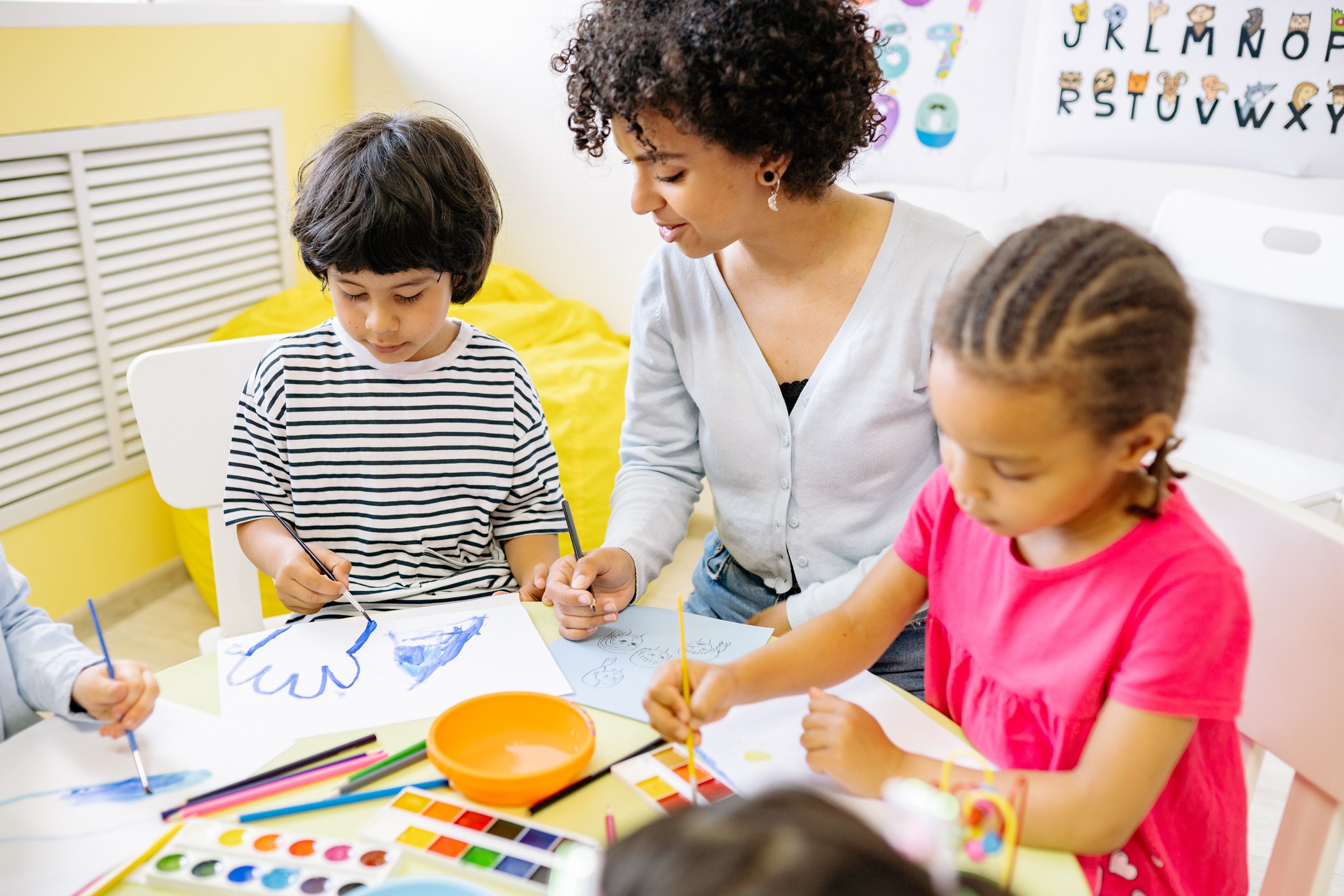
Giving public school teachers the skills they need to teach all children to read
What We Do
For Teachers
TFRC provides FREE Orton Gillingham (O.G.) training to certified Canadian public school teachers because we know that teachers are the key to addressing the literacy crisis in Canada.
For Funders
There are children struggling to learn to read in every Canadian classroom right now. Donate today to help Canadian teachers learn to teach reading to all children in their classrooms.
For Parents
Coming Soon
“…one million Canadian children under the age of 15 are estimated to have below grade-level literacy skills. That is about one in eight kids. And the percentage of 15-year-olds with the lowest levels of literacy has increased over the past decade.”
An Economic Overview of Children’s Literacy in Canada – 2020 – Deloitte for Canadian Children’s Literacy Foundation
Sustained struggles with reading can have an impact
throughout one’s lifetime:
Reading is a foundational skill. Without the proper interventions and accommodations, people with reading disabilities may not learn to read and may have difficulty with other subjects in school (for example, word problems in math). Along with academic problems, this can lead to social and emotional effects, including increased stress and anxiety, problems with self-image and depression. In adulthood, low literacy can lead to under-employment and higher rates of homelessness, incarceration and suicide.”
Human Rights Commission, Right to Read: Inquiry into Reading Disabilities Backgrounder
Racialized & lower-income students face greater barriers & achievement gaps:
“Researchers have demonstrated that in Toronto public schools, Black, racialized and lower-income students face significant gaps in student outcomes. Other reports show gaps as high as 30 per cent on standardized test scores. Lower socioeconomic groupings of Black, Middle Eastern, Indigenous and Latino boys were among those most impacted by the achievement gap.”
Vidya Shah, (York U) for The Conversation (Feb 2019)
The pandemic has only exacerbated learning gaps for those who already struggled before schools closed in 2020:
COVID-19 disruptions have had a distinct, devastating and potentially enduring impact on our youngest school-aged learners, especially those who were already behind in early language, literacy, and numeracy understandings. The pandemic has also taken a toll on children’s social and emotional health. Data from Alberta suggest many children have lost a year or more in expected progress. There is no question of the urgent need for educational attention that will mitigate COVID-19 learning loss.
https://ucalgary.ca/news/how-addressing-our-young-kids-covid-19-learning-loss-matter-childs-play
Experts agree that comprehensive teacher training is key to addressing this literacy crisis:
“Once children enter school, teachers play a very important role in children’s language and literacy development. Teachers therefore require a deep understanding of how age-appropriate literacy skills are acquired, and how these can be taught. They must also understand how to evaluate weaknesses in an individual child’s literacy skills and also know the range of instructional and intervention techniques that can help the child to overcome these weaknesses. It is therefore imperative that both pre-service and in-service teacher training programs provide teachers with evidence-based knowledge on how to measure and to teach fundamental literacy skills to all children.“
National Strategy for Early Literacy - Summary Report 2009, The Canadian Language & Literacy Research Network



